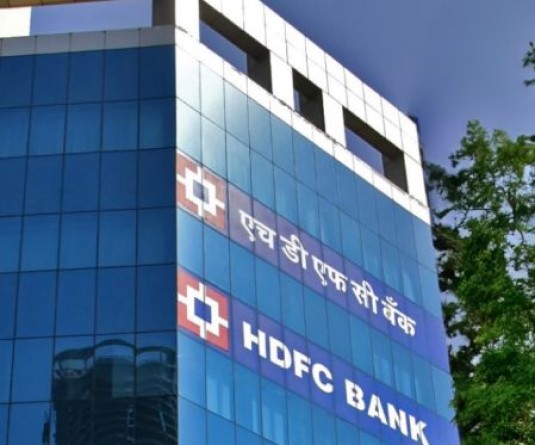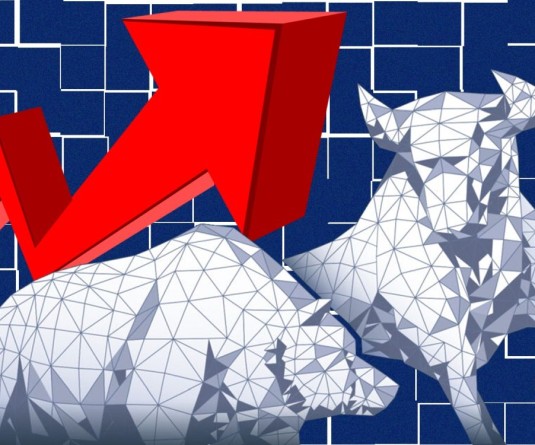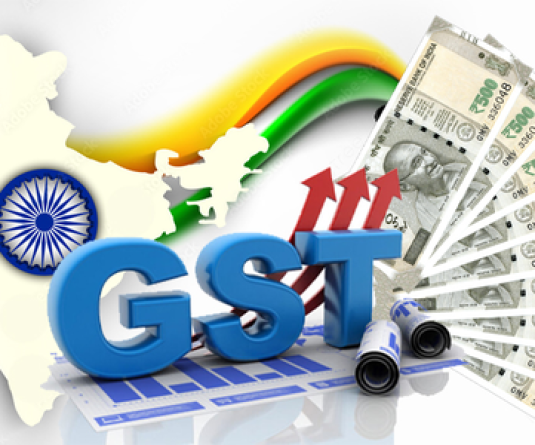IANS File Photo

New Delhi, January 31 (IANS): Prices of petrol and diesel remained unchanged for the fourth consecutive day across the metros.
In the national capital, petrol was priced at Rs 86.30 per litre.
In Mumbai, Chennai and Kolkata, petrol was sold for Rs 92.86, Rs 88.82 and Rs 87.69 per litre.
Diesel prices in Delhi, Mumbai, Chennai and Kolkata remained unchanged at Rs 76.48, Rs 83.30, Rs 81.71 and Rs 80.08 per litre, respectively.
Though firm global crude and product price is the reason for the increase in retail price of petrol and diesel, it is interesting to note that even though crude has been hovering just over $55 a barrel for some time now, OMCs have gone in for both a pause in price of auto fuels as well increase in its retail prices on consecutive days.
Informed sources said that oil companies may be building buffers on the retail price of petrol and diesel to prevent any sharp price increase if the government decided to further raise excise duty on the two products to mobilise additional revenue.
Crude prices have remained firm for the last few weeks in wake of unilateral production cuts announced by Saudi Arabia and a pick-up in consumption in all major economies globally.
The petrol and diesel prices have increased 10 times in January with both auto fuels increasing by Rs 2.59 and Rs 2.61 per litre respectively during the month.
The last few increases in pump prices in petrol and diesel has taken its price to record levels across the country in all major metro cities and other towns. The last time the retail price of auto fuels were closer to current levels was on October 4, 2018 when crude prices had shot up to $80 a barrel.
The current price rise is largely on account of steep increase in central taxes of petrol and diesel and firm crude prices.
According to oil companies executives petrol and diesel prices may increase further in coming days as retail prices may have to be balanced in line with global developments to prevent OMCs from making losses on sale of auto fuels.






